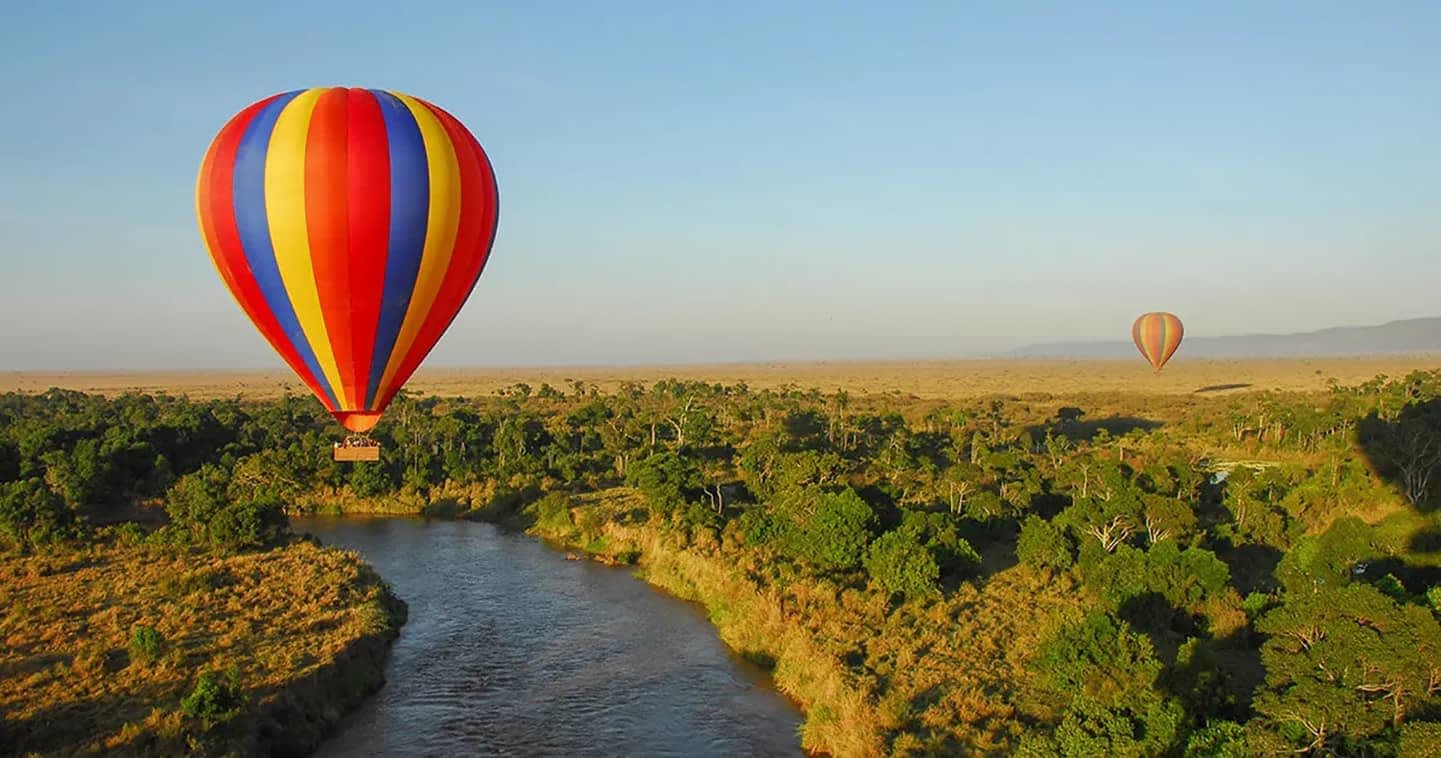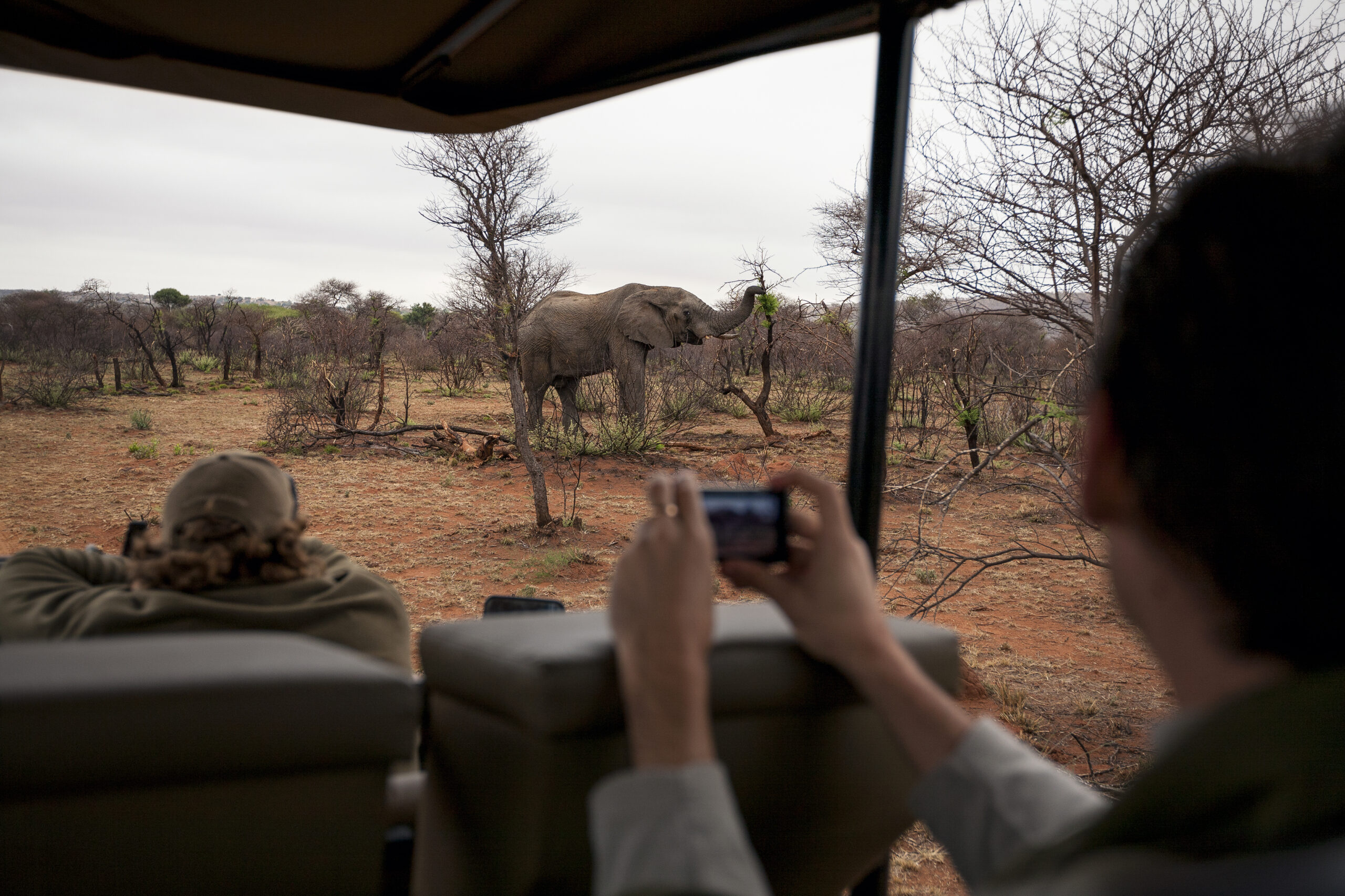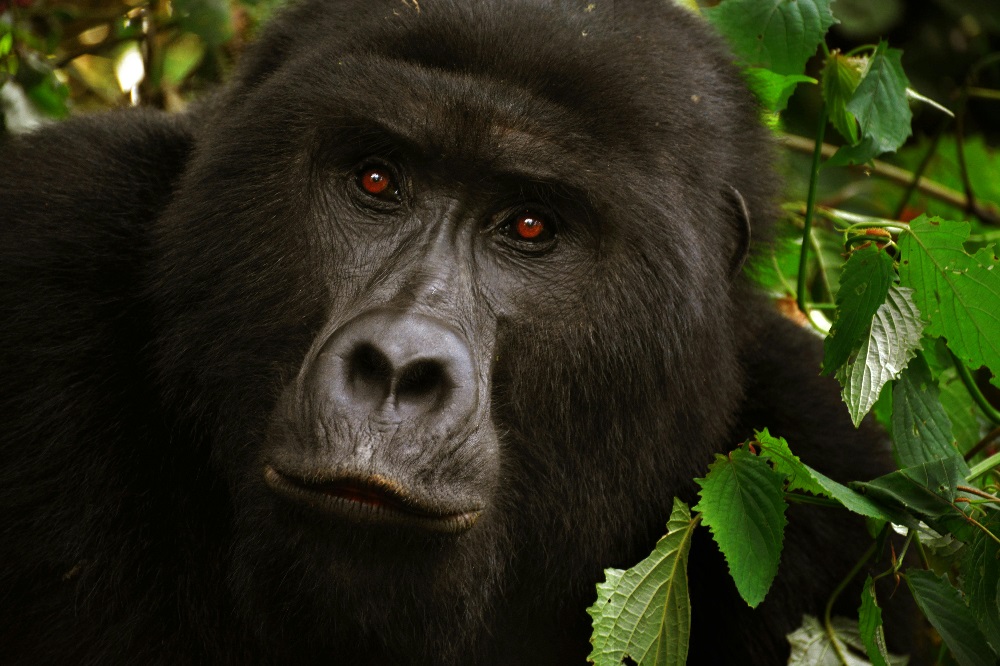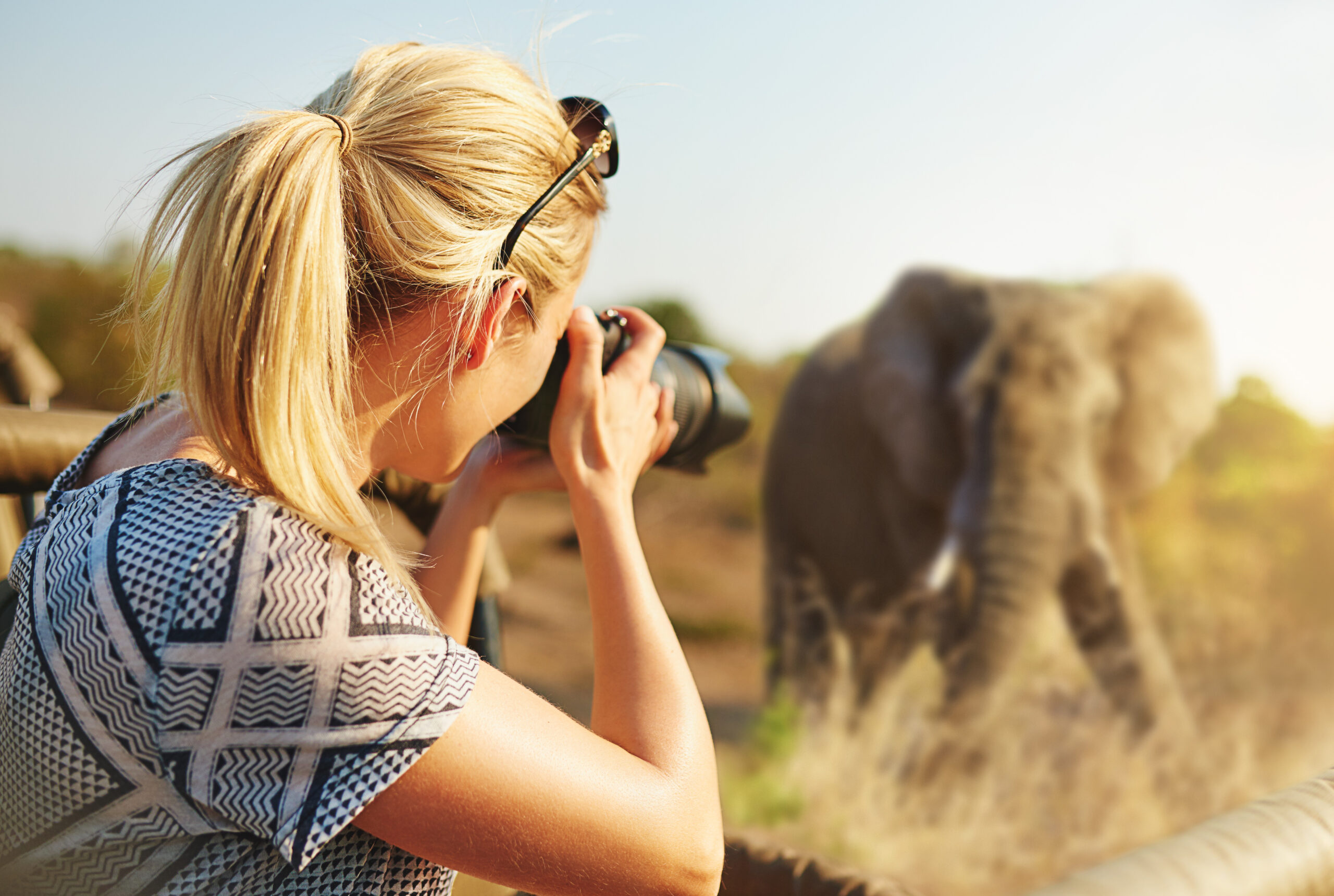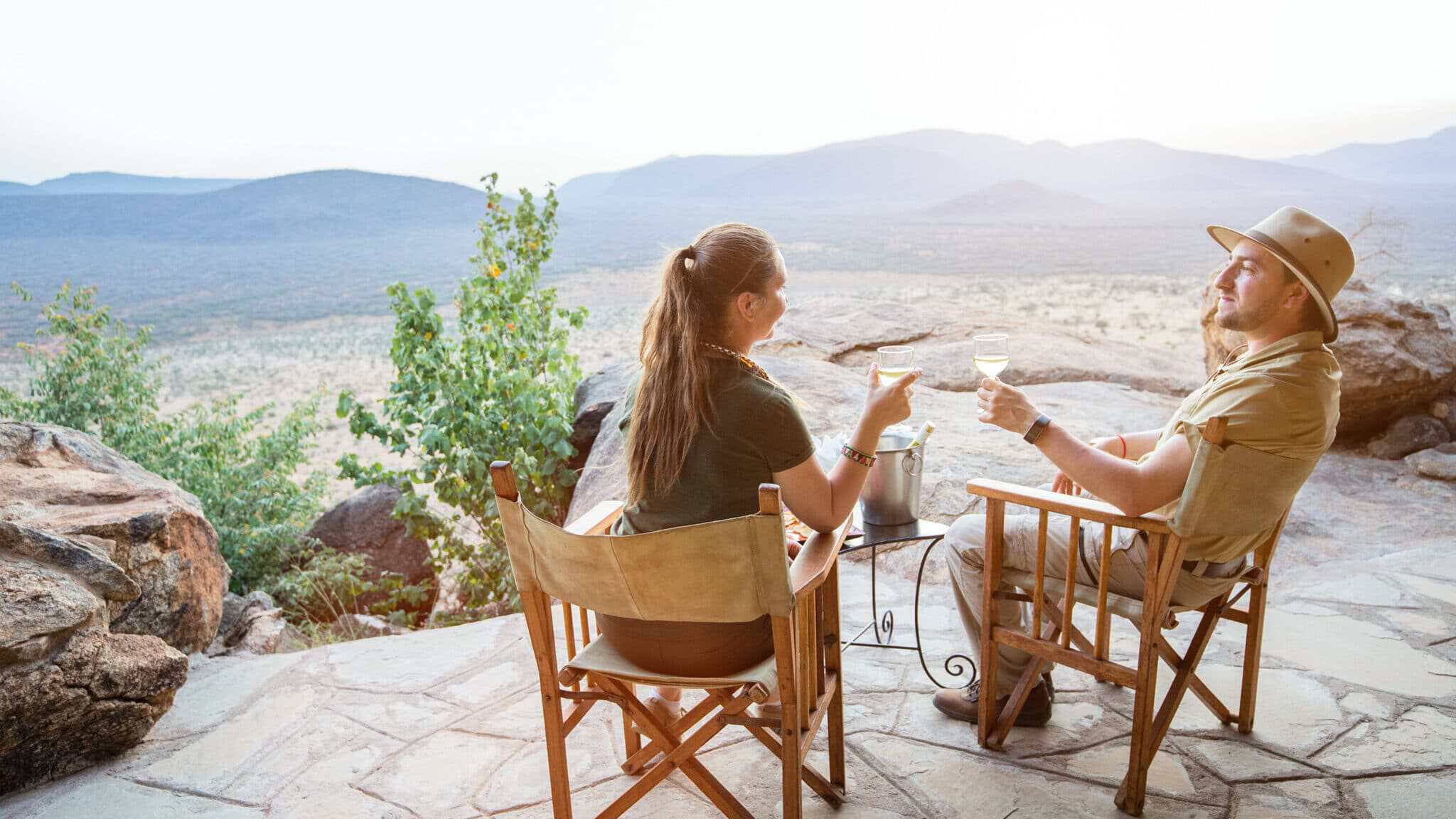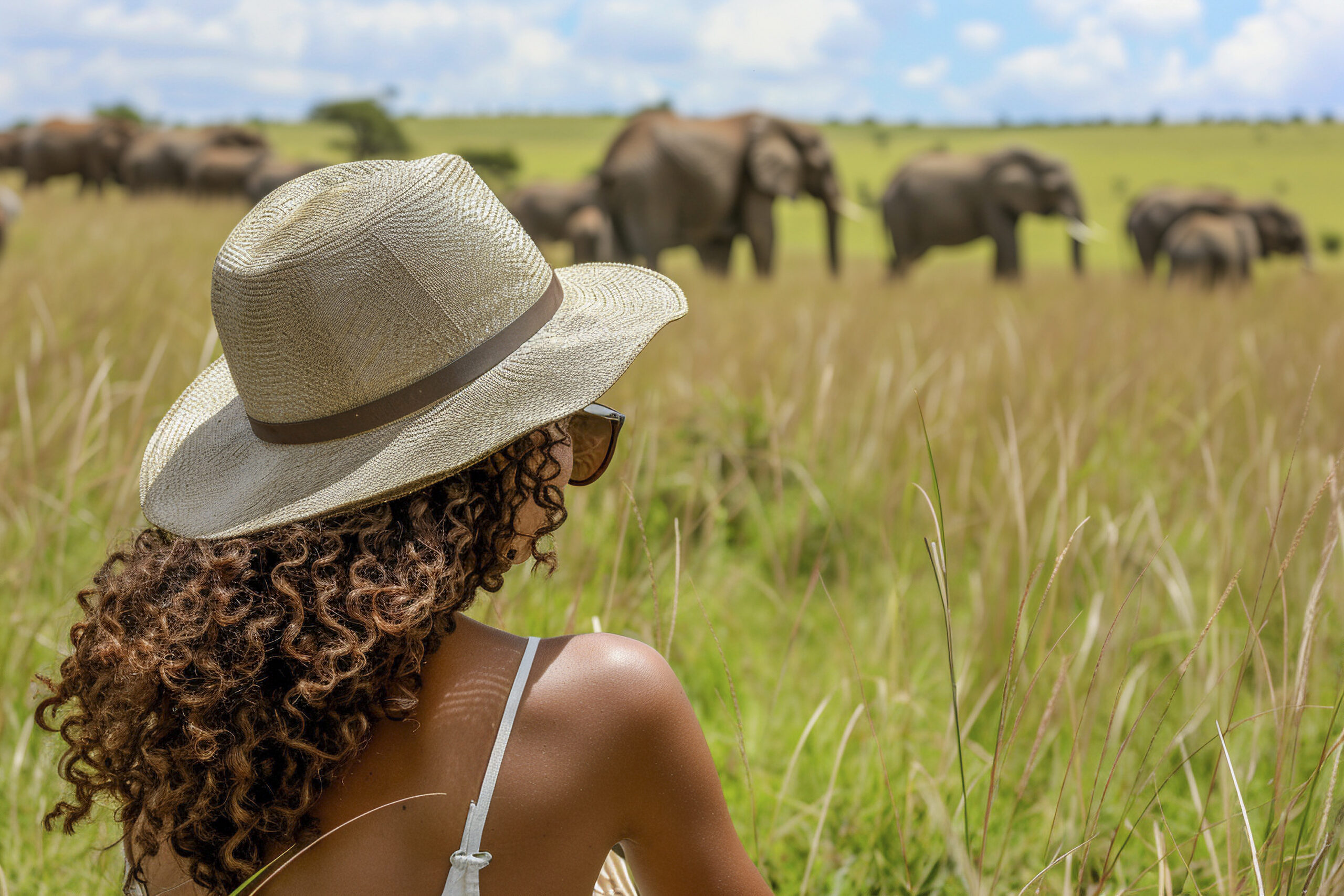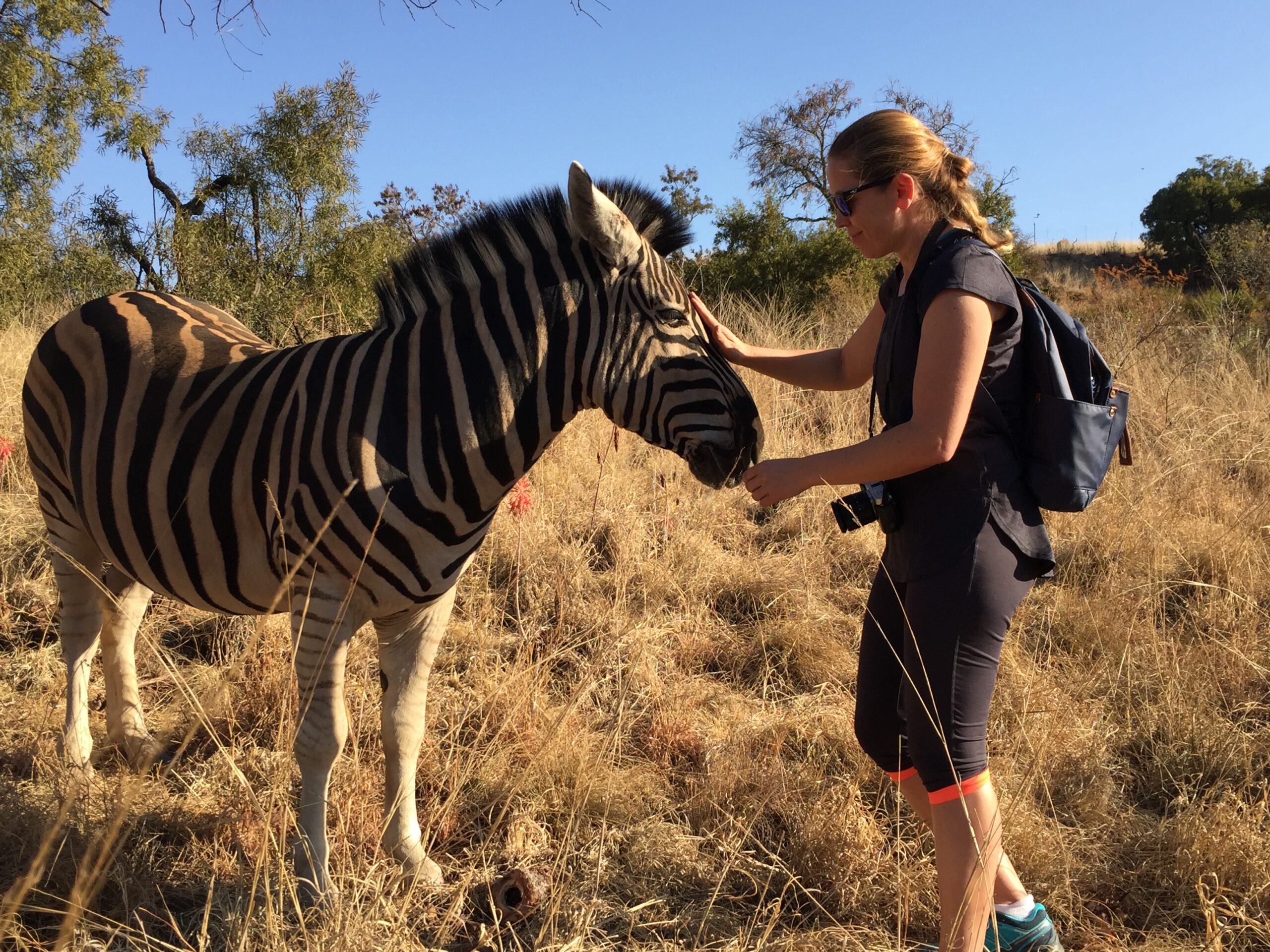A Tanzania safari is one of the most iconic African adventures. Costs usually range from mid-level to luxury, depending on the parks visited, the type of accommodation, and the length of the trip. Serengeti safaris, especially during the wildebeest migration, are priced higher because of their unique wildlife experiences and park fees. On average, travelers can expect to spend between $300 to $1,000 per person per day in Tanzania.
Is a Luxury Safari Worth It?
Luxury safaris come with high-end lodges, gourmet meals, exclusive game drives, and personalized service. While they are more expensive, many travelers find them worth the money because of the comfort, privacy, and premium wildlife experiences they provide. Whether it’s sleeping under canvas tents in the wilderness or relaxing in five-star lodges, luxury safaris offer once-in-a-lifetime experiences.

What Is the Best Time of Year for an African Safari?
The best time to go on safari often depends on the country and wildlife experience you want. For example, the Great Migration in Tanzania and Kenya happens from June to October, making it a peak and more expensive season. On the other hand, traveling during the green or shoulder season often reduces costs, while still allowing visitors to enjoy beautiful landscapes and fewer crowds.
How Much Is a Two-Week Trip to Africa?
Two weeks on safari can vary widely in price. A budget safari may cost around $3,500 per person for the entire trip, while mid-range options can range between $6,000 and $8,000. Luxury safaris for two weeks may exceed $15,000. The cost depends on the countries visited, internal flights, type of lodging, and the level of exclusivity in the experience.
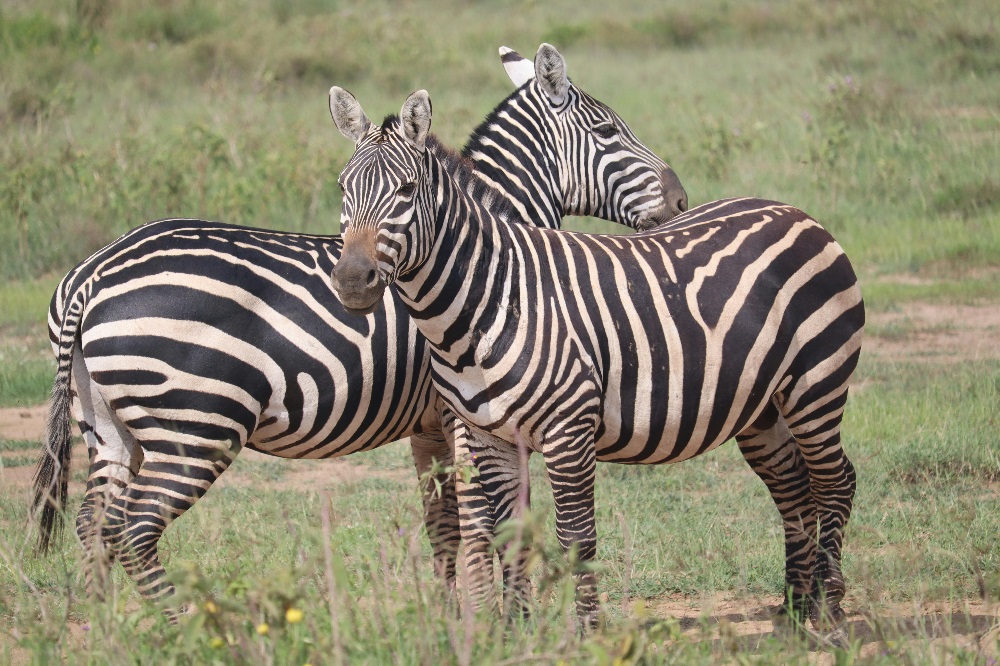
Which Safari Is Best in Africa?
The best safari destination in Africa depends on personal preference. Kenya and Tanzania are famous for the Great Migration, Botswana is known for luxury and remote wilderness in the Okavango Delta, and South Africa offers excellent value with Kruger National Park. Your choice will influence how much you should budget, as each country has its own pricing structure.
Is a Safari Worth the Money?
For many travelers, a safari is worth every dollar. The chance to see lions, elephants, rhinos, and cheetahs in their natural habitat is priceless. Beyond wildlife, safaris include cultural experiences, breathtaking scenery, and guided expertise that enrich the journey. While it is a significant investment, the memories and experiences often outweigh the cost.
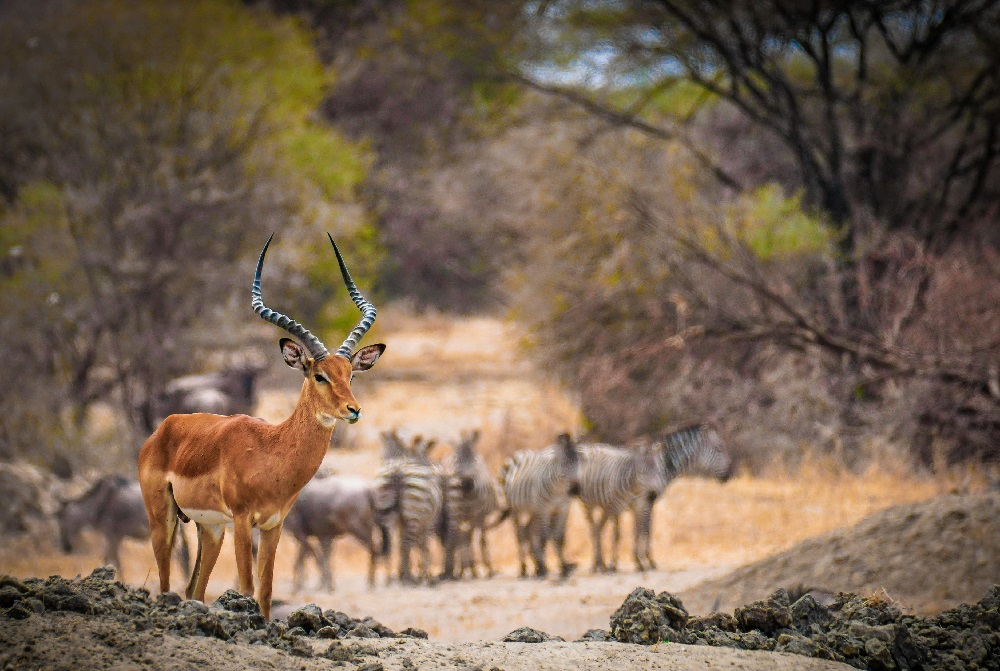
Why Are Tanzanian Safaris So Expensive?
Tanzanian safaris are often more expensive because of high park fees, conservation levies, and the logistics of reaching remote areas like the Serengeti and Ngorongoro Crater. However, the quality of the safari experience, combined with the opportunity to witness the migration and incredible wildlife density, justifies the cost for many visitors.
How Many Days for African Safari?
Most travelers spend between 7 and 10 days on safari, which allows enough time to explore multiple parks and see a variety of wildlife. Shorter safaris of 3 to 5 days are possible but may feel rushed. The length of stay directly affects how much you should budget, as more days mean higher costs for accommodation, guides, and park fees.

How Much Is an All-Inclusive African Safari?
An all-inclusive safari generally covers accommodation, meals, transport, and park fees. Prices start at around $250 per person per day for budget options and can go up to $1,500 per day for luxury packages. Choosing an all-inclusive option helps travelers plan their budget better, since most costs are covered upfront.
How Far in Advance Should I Book a Safari?
Booking a safari at least 6 to 12 months in advance is recommended, especially for peak seasons like the migration in Kenya and Tanzania. Early booking not only secures availability in popular lodges and camps but can also help lock in better prices.

How Much Does a Safari Cost Per Day in Kenya?
In Kenya, a safari typically costs between $250 and $750 per person per day, depending on whether it is budget, mid-range, or luxury. The Maasai Mara is usually more expensive due to its popularity and wildlife density, while lesser-known parks can offer more affordable options.
How Fit Do You Need to Be to Go on Safari?
Most safaris do not require intense physical fitness, since game drives are done in vehicles. However, walking safaris, gorilla trekking, or adventure-focused safaris may require moderate to high fitness levels. Travelers should budget for these special experiences if they want a more active safari.


